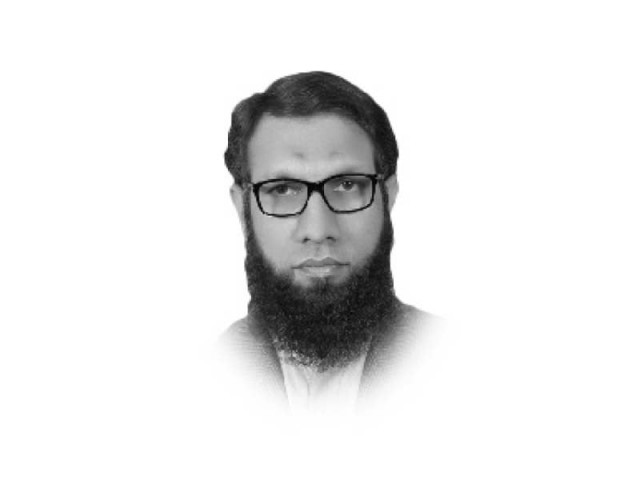Al-Ghazali and the integration of Islamic sciences
.

One of the paradoxes of religious and intellectual life is the tension between continuity and change. On the one hand, communities - particularly religious ones - hunger for certainty. The ordinary believer seeks clarity, not doubt; stability, not flux. Certainty provides psychological comfort and a sense of direction, whereas ambiguity, revision and constant reinterpretation feel unsettling. This explains why many scholars, even when confronted with convincing arguments against their positions, rarely admit error or publicly change their views.
But does this mean that truth becomes irrelevant or unwanted? Not necessarily. Human beings live at the intersection of two forces: the social need for certainty and the intellectual drive for exploration. The former ensures cohesion; the latter, growth. When these clash, the former often prevails. Yet history shows us remarkable figures who managed to reconcile the two, and none more profoundly than Imam Abu Hamid al-Ghazali.
Ghazali's intellectual journey is instructive for our times. He began as a literalist jurist and theologian, mastering the exoteric sciences of law and creed. His early works reflect a confidence in textual authority and scholastic precision. Yet he grew dissatisfied. Rationalist philosophers, particularly those influenced by Greek thought, were raising questions that literalism alone could not answer. Rather than retreat into dogmatism, Ghazali engaged them head-on, mastering their methods and even surpassing them. His famous Tahafut al-Falasifa (Incoherence of the Philosophers) did not reject philosophy wholesale but exposed its limitations in answering metaphysical and theological questions.
Still, Ghazali was not satisfied. Rationalism too had its limits. Pure reason could critique but not heal the spiritual void he felt. This led him to Sufism, not as escapism but as an epistemic turn - a way of knowing through purification of the self and direct experience of divine reality. Through Sufism, he sought to uncover the deeper intent behind rituals and texts, what he called the haqiqah (truth) behind the shari'ah (law).
The greatness of Ghazali lies not in his shift from one camp to another - literalist to rationalist to mystic - but in his integration of all three. He did not abandon law when he embraced philosophy, nor did he discard reason when he turned to Sufism. Instead, he offered an integrated framework where law grounds one's practice, reason sharpens one's intellect, and spirituality purifies one's soul. For him, Islam was not merely a system of external conformity, nor just an intellectual debate, but a holistic way of being that unites body, mind and spirit.
Ghazali showed that change does not necessarily mean instability or betrayal of tradition. If pursued sincerely, it can lead to a higher synthesis where truth is not fragmented but enriched. His credibility did not diminish because he evolved; rather, it increased, because he showed the courage to question, the humility to admit limits, and the vision to integrate.
In contrast, our contemporary scholars often freeze at one stage. Some cling to literalism, fearing that reason will erode faith. Others idolise rationalism, dismissing tradition as backward. A few retreat into mysticism, neglecting intellectual rigour. The result is fragmentation and mutual suspicion. What we lack is a Ghazalian spirit of integration - an approach that honours tradition, values reason, and opens space for spirituality.
Returning to the concern of followers wanting certainty: yes, constant change may breed mistrust. But there is a difference between erratic shifts and a coherent intellectual journey. Ghazali's evolution was not whimsical; it was guided by a consistent pursuit of truth. That is why history remembers him not as inconsistent but as a reviver (mujaddid) of Islam.
For Pakistan today - caught between dogmatic conservatism, shallow modernism and confused religiosity - the model of Ghazali offers hope. Our scholars, politicians and intellectuals must realise that blind conservatism is not loyalty to truth but loyalty to comfort. Real fidelity to truth requires openness to change, the courage to admit when our assumptions are wrong, and the wisdom to integrate rather than fragment knowledge.














COMMENTS
Comments are moderated and generally will be posted if they are on-topic and not abusive.
For more information, please see our Comments FAQ